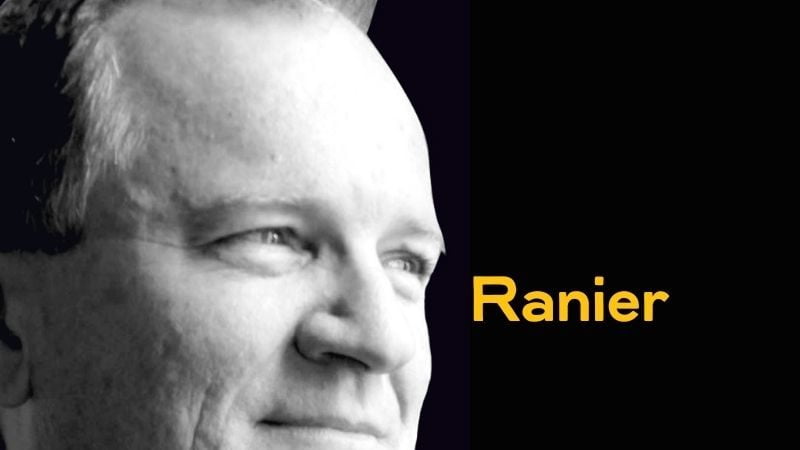There’s a Muriel Spark story where an elderly spinster boasts to her friend that her niece is a famous poet. The friend says she hasn’t heard of the niece. “Not many people have,” replies the proud aunt smugly.
Robert Abela’s “broad consultation” on how to implement the recommendations of the Caruana Galizia inquiry resembles this case of the famous poet that few people have heard of. Abela hasn’t consulted some of the very people whose testimony led to the inquiry’s recommendations. He hasn’t even consulted the Opposition.
At the inquiry, The Shift News editor testified that this website is excluded by the government’s own Department of Information (DOI). The inquiry’s panel summoned the director of the DOI. I was there. The director assured the inquiry that excluding any newsroom was alien to him; for good measure, he peppered his unconvincing answer with the phrase “under my watch”, complete with Joseph Muscat’s signature idiomatic error — just in case the panel didn’t realise whose voice inspired him.
The panel concluded that the general treatment of independent journalists — from access to information to intimidation — endangered their profession and, sometimes, lives. The inquiry report therefore included a set of recommendations on strengthening the conditions in which investigative journalists do their work. Once the report was out, Robert Abela assured us he accepted its conclusions and would implement them.
Now we find out that Abela’s “consultation” is being carried out in the same spirit that was criticised by the inquiry. The Shift News, whose testimony was deemed important by the inquiry, has not been consulted. But it seems that Saviour Balzan — the man whose own government contracts are being shielded from 29 Freedom of Information requests from journalists — is advising the government on how to help journalists do their work.
Yesterday, we found out that Abela’s idea of “broad” consultation isn’t broad or formal enough to include the Opposition, either.
Consultation doesn’t necessarily mean accepting views or advice. It does mean acknowledging a view that deserves recognition. Involving the Opposition formally is in itself in the spirit of the public inquiry’s recommendations: the inquiry found that the blurring of the State with the ruling Party was in itself a grave part of the problem.
Not to include the Opposition — conspicuously to snub it — isn’t a mistake of omission. It replicates the very behaviour that the “consultation” should be aiming to eradicate.
The Opposition has now unveiled a major Bill designed to implement the inquiry’s anti-corruption recommendations. If passed, serving and former ministers would need to account for wealth that doesn’t tally with their declared income.
Obstructing justice (by helping someone, or a phone, get away from the clutches of the police) would become a crime. (Yes, gasp again: at the moment, obstruction of justice is not a crime.)
Mafia association would also become a crime in itself. It’s a law which, if passed, would be both a grim recognition of our current predicament and a path out of it.
Another provision would sanction any public servant — up to the very top — who subverts transparency and the official State record by bypassing the official means of communications. You know, by using a private email account to finalise a negotiation. The sense of State — a public power representing the republic and not the ruling party or oligarchy — would be one step closer to being inscribed in the everyday practices of officials.
That’s just a taste. We’ll get to see how truly serious Abela is about implementing the inquiry’s recommendations. Remember, he’s already said he accepted them.
Now, will he hem and haw over the proposed law? Will he baulk at some measures? Will he mire it in partisan debate and pique? Or will he support the Bill, if not in every detail then at least as a whole?
Abela says he wants to be the executive of a State whose spirit is outlined in the inquiry’s recommendations. Paradoxically, the Opposition — whose own credentials have been greatly improved with this initiative — may have just given him an opportunity to shine. If he doesn’t take it, you really have to wonder about what’s holding him back.













Robert Abela is using tricks of an illusionist. He hides the inquiry under his silk scarf to give us the illusion where the inquiry is when in reality it is in his pocket.
‘Obstruction of justice not a crime.’
Considering all the fake propaganda/distractions from justice, the whole purpose and dynamic of government is, therefore, ‘not a crime’.
Exactly the same excrement dreamt up by the frequenters of the Bavarian beer-houses a century ago.
Is any wrongdoing which the shiftmnews.com deems undemocratic reported to the 6 representatives at the EU including Roberta Metsola?
Our reporting is the report.